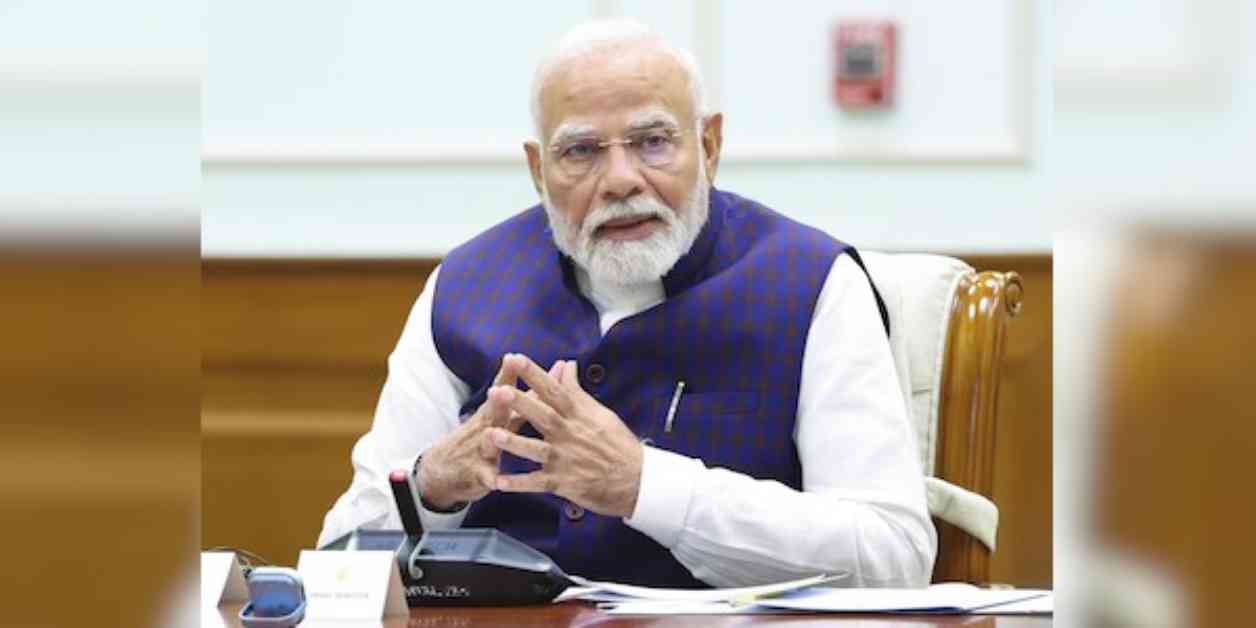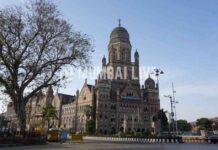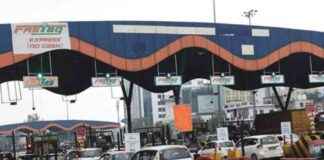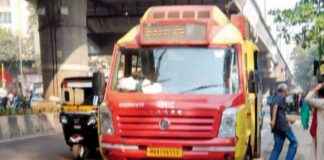Modi 3.0: Prioritizing Infrastructure and Agriculture Development in First 100 Days
Prime Minister Narendra Modi’s government, under the BJP-led NDA, has made significant strides in the first 100 days of its third term in office. With a focus on infrastructure and agriculture, the government has approved projects worth Rs 3 lakh crore, showcasing a commitment to enhancing the country’s development.
Infrastructure Development: Connecting Unconnected Villages and Mega Port Construction
One of the key highlights of the government’s agenda has been the approval of infrastructure projects aimed at improving connectivity and transportation across the country. A major initiative includes linking 25,000 unconnected villages to road networks, a move that will greatly benefit rural communities and support economic growth in these regions.
Additionally, the construction of a mega port at Wadhawan in Maharashtra, approved at a cost of Rs 76,200 crore, is set to further boost India’s maritime infrastructure. This mega port is expected to rank among the top 10 ports globally, emphasizing the government’s commitment to enhancing the country’s trade and logistics capabilities.
Under the Prime Minister’s Rural Roads Scheme-4 (PMGSY-IV), a substantial allocation of Rs 49,000 crore has been approved for the construction and upgradation of 62,500 km of roads and bridges. This investment will play a crucial role in connecting remote villages and improving accessibility in underserved areas, ultimately promoting inclusive growth and development.
Agricultural Reforms: MSP Increase and Policy Changes
In a significant move to support the agricultural sector, the government has increased the minimum support price (MSP) for Kharif crops, providing much-needed relief to farmers. Furthermore, the removal of minimum export price (MEP) on onions and basmati rice, along with a hike in import duties on crude palm, soybean, and sunflower oils, reflects the government’s efforts to promote agricultural sustainability and ensure fair pricing for farmers.
Prime Minister Modi’s administration has demonstrated a proactive approach towards policy reforms, as seen in the modifications made to the Goods and Services Tax (GST) regime. With 140 changes implemented to streamline the tax system and reduce friction for businesses, the government has shown a willingness to adapt and evolve its policies to address challenges effectively.
Enhancing Transportation Infrastructure and Connectivity
Apart from road connectivity, the government has also focused on strengthening India’s transportation network by approving investments of Rs 50,600 crore towards improving the country’s road infrastructure. This includes the green light for eight National High-Speed Road Corridor Projects spanning 936 km, which will contribute to enhancing travel efficiency and connectivity across different regions.
In a groundbreaking move, Prime Minister Modi initiated the construction of the Shinkhun-La Tunnel, connecting Ladakh with Himachal Pradesh. This strategic infrastructure project is set to enhance connectivity between these regions, facilitating smoother transportation and promoting economic development in the area.
Furthermore, the approval of eight new railway line projects underscores the government’s commitment to improving railway connectivity and ensuring faster, more convenient travel for passengers. These projects are expected to generate 44.2 million human-days of employment, contributing to both infrastructure development and job creation in the country.
Fostering Agricultural Innovation and Rural Enterprise
In line with its focus on agriculture, the government has introduced the Agrisure fund, aimed at revolutionizing the agricultural sector by supporting startups and rural enterprises. This initiative is poised to drive innovation, enhance productivity, and uplift rural communities by providing them with the necessary resources and support to thrive in the agricultural landscape.
Additionally, the draft of the new National Cooperative Policy, currently in the finalization stage, is set to provide a comprehensive framework for promoting cooperative initiatives in various sectors. This policy is expected to boost collaboration, enhance efficiency, and catalyze growth in cooperative enterprises, contributing to the overall development of the rural economy.
Overall, Prime Minister Narendra Modi’s government has made significant strides in the first 100 days of its third term, focusing on infrastructure development and agricultural reforms to drive growth and prosperity across the country. With a proactive approach towards policy changes and a strong emphasis on connectivity and innovation, the government is poised to bring about transformative change and propel India towards a brighter future.




















